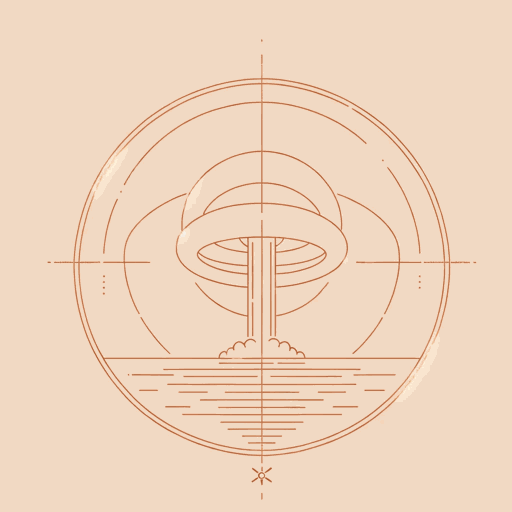75 pages • 2 hours read
Justin CroninThe Passage
Fiction | Novel | Adult | Published in 2010A modern alternative to SparkNotes and CliffsNotes, SuperSummary offers high-quality Study Guides with detailed chapter summaries and analysis of major themes, characters, and more.
Important Quotes
“She believed that this was how the world felt to most people, even those closest to her, her parents and sisters and friends at school; they lived their whole lives in a prison of drab silence, a world without a voice. Knowing this made her so sad that sometimes she couldn’t stop crying for days.”
(Part 1, Chapter 4, Page 55)
Lacey has few memories of not hearing God’s voice. During God’s infrequent withdrawals, she empathizes with people who can’t hear God’s voice, which breaks her heart. However, after Lear’s death, she describes her existence as lonely, despite the presence of God. Lacey needs human contact as much as anyone.
“The war—the real war, the one that had been going on for a thousand years and would go on for a thousand years more—the war between Us and Them, between the Haves and the Have-Nots, between my gods and your gods, whoever you are—would be fought by men like Richards.”
(Part 1, Chapter 5, Page 84)
Richards remembers his excitement following the 9/11 attacks. They set the course for humanity’s new relationship with war, which was only a renewal of an ancient war. Richards’s worldview is hostile, xenophobic, and contingent on striking first. War, abhorrent to most, gives him a chance to distinguish himself.
“Wasn’t there something about them that struck a deep chord of recognition, even of memory? The teeth, the blood, the hunger, the immortal union with darkness—what if these things weren’t fantasy but recollection or even instinct, a feeling etched over eons into human DNA, of some dark power that lay within the human animal?”
(Part 1, Chapter 5, Page 86)
Richards is not as uncomfortable with the idea of vampires as others. He thinks vampires would be a manifestation of traits and appetites that humans already possess but amplified. Those who feel horror at vampires do not see themselves in them. The viewing of Dracula late in the novel reinforces this, when the soldiers mock Bela Lugosi’s vampire.
Featured Collections
Fantasy
View Collection
Good & Evil
View Collection
Horror, Thrillers, & Suspense
View Collection
New York Times Best Sellers
View Collection
Science Fiction & Dystopian Fiction
View Collection
SuperSummary Staff Picks
View Collection
The Best of "Best Book" Lists
View Collection
TV Shows Based on Books
View Collection
War
View Collection


